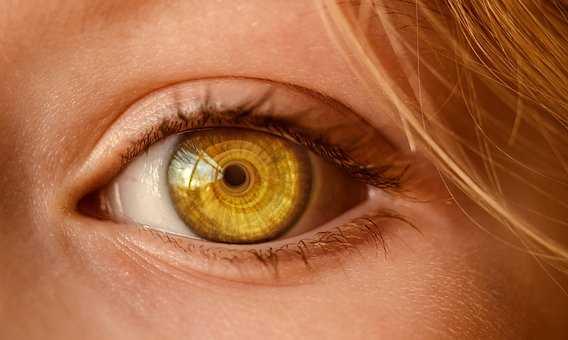Why the actor-observer bias happens
A possible reason is that when people are the actors in the situation, they are blind to their own actions.
When they are observers, they can easily spot the behaviors of other people.
153
848 reads
CURATED FROM
IDEAS CURATED BY
The idea is part of this collection:
Learn more about problemsolving with this collection
The importance of physical activity
The role of genetics in lifespan
How to maintain a healthy diet
Related collections
Similar ideas to Why the actor-observer bias happens
The Actor-Observer Bias
Our own behaviour appears reasonable to us, and any mistakes that we make are easily attributed to other factors. However, if the same mistake is made by a third person, our tendency is to judge them as incompetent or inconsiderate. This is known as The Actor-Observer Bias.
Even on social ...
The actor-observer bias
When a person experiences something negative, they will blame the circumstances. When something negative happens to another person, they will blame the individual for their behaviors.
For example, when a doctor tells someone their cholesterol levels ar...
The actor-observer bias can be problematic
The actor-observer bias can often lead to misunderstandings and arguments.
In an argument, both sides my respond that the other person started it. Each side thinks their own behavior is because of the situation, but the other's behavior is because of their characte...
Read & Learn
20x Faster
without
deepstash
with
deepstash
with
deepstash
Personalized microlearning
—
100+ Learning Journeys
—
Access to 200,000+ ideas
—
Access to the mobile app
—
Unlimited idea saving
—
—
Unlimited history
—
—
Unlimited listening to ideas
—
—
Downloading & offline access
—
—
Supercharge your mind with one idea per day
Enter your email and spend 1 minute every day to learn something new.
I agree to receive email updates
